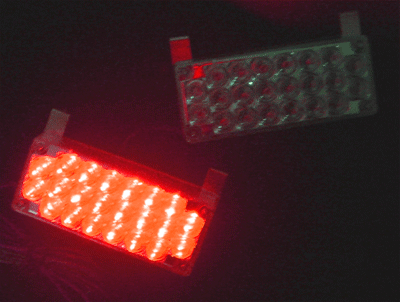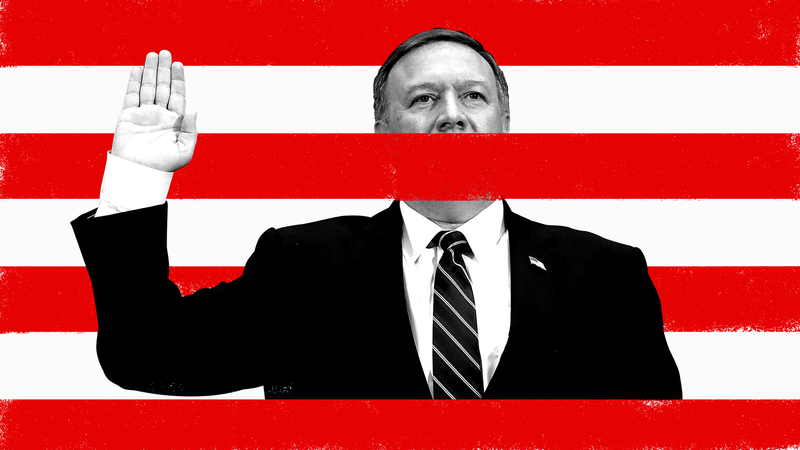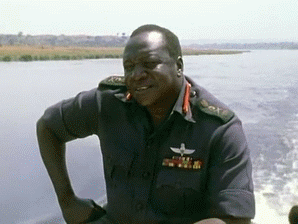:ALERTRED::ALERTRED::ALERTRED:
NYTIMES REFUSES TO APOLOGIZE FOR THAT FLAWED "FBI SEES NO TIES TO RUSSIA" ARTICLE FROM OCT 2016:
NYTIMES REFUSES TO APOLOGIZE FOR THAT FLAWED "FBI SEES NO TIES TO RUSSIA" ARTICLE FROM OCT 2016:
https://www.washingtonpost.com/blog...ys-key-russia-trump-story-was-not-inaccurate/
Opinion Responding to James Comey, New York Times’s Baquet says key Russia-Trump story was ‘NOT inaccurate’
by Erik Wemple

Russian President Vladimir Putin. (Mikhail Klimentyev/Sputnik, Kremlin Pool Photo via AP)
The James Comey book tour, at some collective psychological level, is another excuse for the country to indulge a hangover obsession with the 2016 presidential election. There’s the hacked emails, the federal investigations, the announcement of the re-opening of a certain federal investigation. And for media types, there’s always a New York Times story of Oct. 31, 2016, with the headline: “Investigating Donald Trump, F.B.I. Sees No Clear Link to Russia.”
This resounding piece — under the bylines of Eric Lichtblau and Steven Lee Myers — came to this conclusion regarding the investigation into Russia and the Trump campaign:
Law enforcement officials say that none of the investigations so far have found any conclusive or direct link between Mr. Trump and the Russian government. And even the hacking into Democratic emails, F.B.I. and intelligence officials now believe, was aimed at disrupting the presidential election rather than electing Mr. Trump.
A quote from the story backed up the premise: “‘It isn’t about the election,’ a second senior official said, referring to the aims of Russia’s interference. ‘It’s about a threat to democracy.'”
Oh yeah? In a discussion with New Yorker Editor David Remnick, Comey — who was fired by President Trump in May 2017 — added his perspective to this much-discussed piece of journalism. Remnick went straight to the gut:
Remnick: In fact, didn’t the FBI already know about George Papadopoulos’s involvement with the Russians? The intelligence agencies knew that the Russians were engaged in efforts to meet with members of the Trump campaign and do damage to the Clinton campaign. CIA Director [John] Brennan at that point strongly believed the Russians were supporting the Trump candidacy in many ways. Why would the FBI push that story on the New York Times a week before the election?”
Comey: Yeah, that’s a hard one to answer. I don’t know who the FBI is in this context. The FBI didn’t, at least to my knowledge, push any such story. By that point, we had concluded that there was an ongoing effort, that it had three goals: To dirty up the American democracy, to hurt Hillary Clinton and to help elect Donald Trump. And so, I don’t know who was talking to the New York Times, but that’s my reaction to it.
Remnick: You’re saying the Times’s FBI sources, on that story a week before the election, were wrong.
Comey: I don’t want to react to all of that because I’m being careful to abide my earlier rule where I’m not going to talk about details of the investigation. But at least with respect to the bit about what the goals of the Russian effort were, it’s just wrong. And that’s the challenge of an organization of 38,000 people. I don’t know who the FBI is in this context.
Asked to comment on whether the newspaper is prepared to revisit the article in light of Comey’s comments, New York Times Executive Editor Dean Baquet emailed the Erik Wemple Blog: “I think the headline was off but if you read the story I think it was NOT inaccurate based on what we knew at the time. Sort of like the Hillary Clinton story that turned out to be right.”
The point of Comey’s comments, however, is that what the New York Times “knew” at the time was erroneous.
The integrity of the October 2016 story has a way of coming up again and again — perhaps because it was so influential in deflecting concerns about the Trump campaign and Russia’s role in the election. Just a few weeks earlier, the intelligence community released a statement indicating that the Russian government had intervened in the elections. “The recent disclosures of alleged hacked e-mails on sites like DCLeaks.com and WikiLeaks and by the Guccifer 2.0 online persona are consistent with the methods and motivations of Russian-directed efforts,” said the release, in part.
Considering that the email hacks and subsequent disclosures exposed Democrats exclusively, the notion that the Russian intervention was merely aimed at generalized electoral disruption seemed like a stretch. More than a year after the New York Times Russia story landed, then-Public Editor Liz Spayd blasted the paper for moving too timidly. (And the Erik Wemple Blog, showing too much deference to the Times, dissented in part from Spayd’s dissent.)
Then on Dec. 30, 2017, the New York Times itself broke that Trump campaign adviserGeorge Papadopoulos had told an Australian diplomat in London back in spring 2016 about how Moscow had secured emails that would hurt Clinton. When hacked emails started surfacing later that year, the Australians told the United States of the disclosure, which played a critical role in launching the Russia investigation. The story revealed the lengths to which the feds were clamping down on chatter about the investigation during the election: “Senior agents did not discuss it at the daily morning briefing, a classified setting where officials normally speak freely about highly sensitive operations,” noted the newspaper.
So maybe even the sources for the earlier Trump-Russia story didn’t have a good handle on what was happening.
After the Papadopoulos story hit, the Erik Wemple Blog asked Baquet about the durability of the October story. He replied:
It is fair to say we know a lot more now about what the government knew about Russian meddling than we did before the election. We would have cast that story differently but it was never meant to give the Trump campaign a clean bill of health. It reflected the FBI’s skepticism, which was made public after the campaign. And which was all we could report at that moment. By the way, the question of whether there was collusion remains the subject of the investigation.
True enough: Collusion hasn’t been proven, and may never be. Yet the Times’s decision to take its sources’ word for Russia’s motivation was, as we’ve written before, risible. And now, according to Comey, just plain wrong.
@DonKnock @dza @88m3 @wire28 @smitty22 @fact @Hood Critic @ExodusNirvana @Blessed Is the Man @dtownreppin214 @JKFrazier @BigMoneyGrip @Soymuscle Mike @.r. @Dorian Breh @Dameon Farrow @TheNig @VR Tripper @re'up @Blackfyre_Berserker @Cali_livin














 This would explain why certain right wing folks were talking about Michelle being a tranny.
This would explain why certain right wing folks were talking about Michelle being a tranny.


